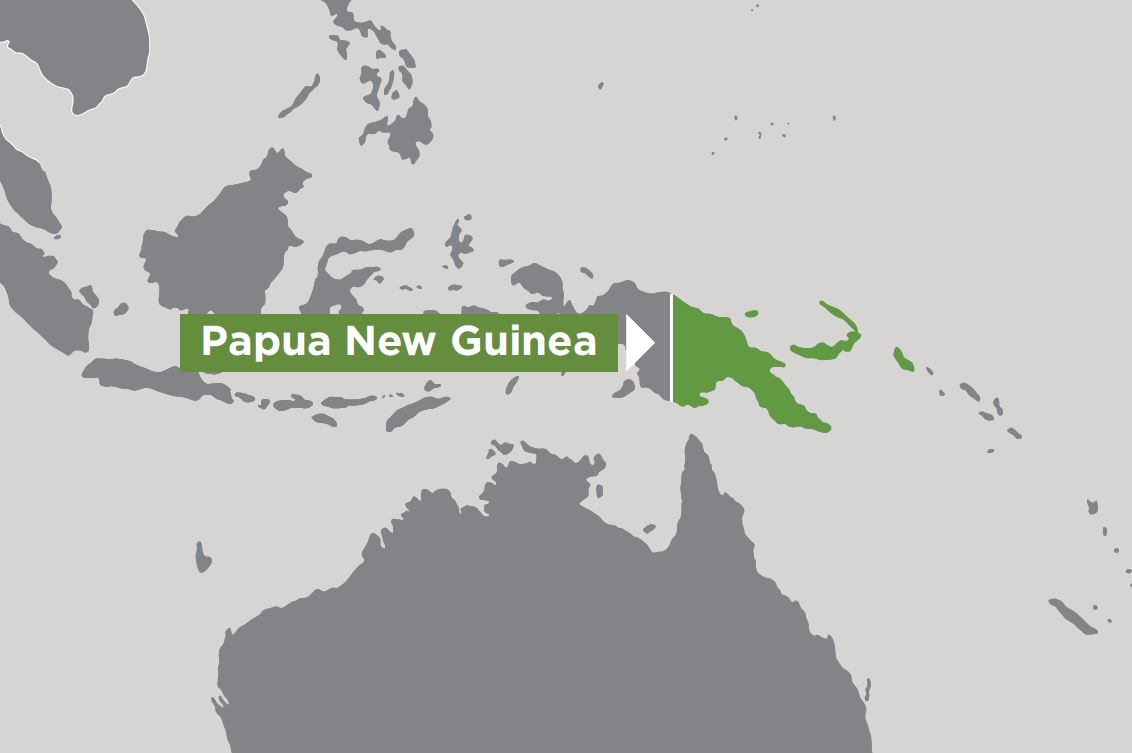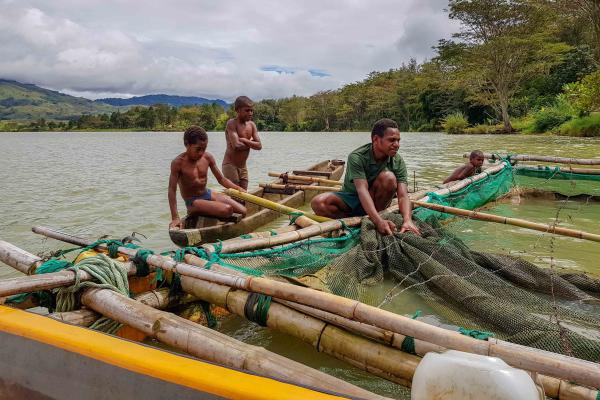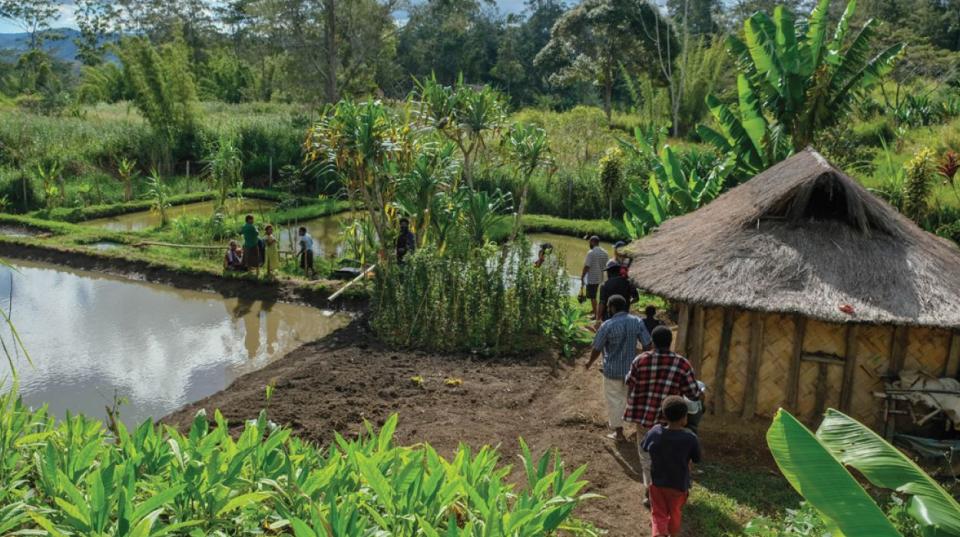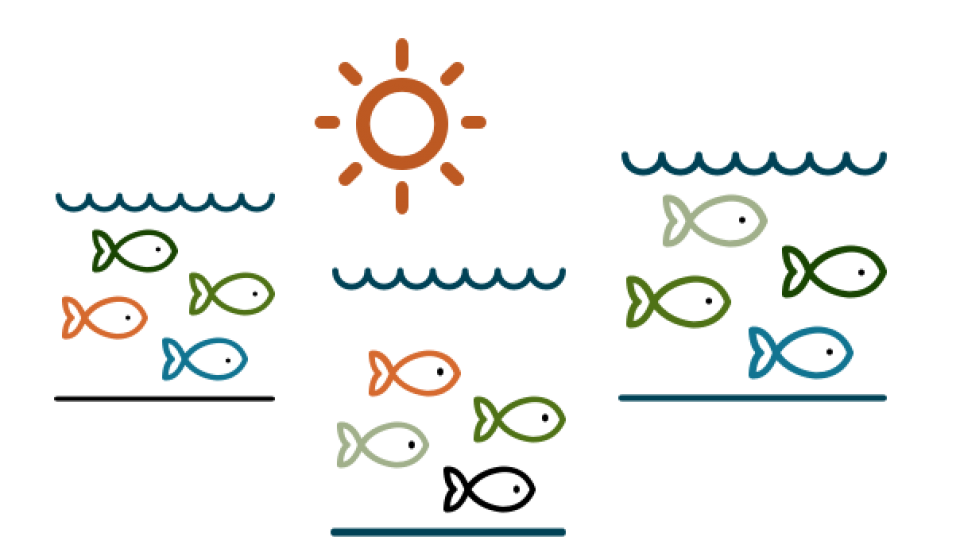Overview
This project aims to support National Fisheries Authority (NFA) to develop commercial tilapia production in peri-urban areas and reservoirs of PNG by investigating technical bottlenecks, farmer’s needs and socio-cultural aspirations, market opportunities, and data needs for the sustainable management of pond and reservoir-based fish farming.
The project also aims to empower NFA to support villages in remote regions of PNG gain access to reliable and affordable farming inputs and culturally appropriate training services by understanding the social, cultural and economic barriers and drivers for technology scale-out and knowledge uptake by remote farmers and households, including men, women and youth.
The Government of PNG identified aquaculture as a priority for development to improve food and income security (DPM, 2014) and the nutritional status of citizens (PNG Government, 2016). The overall aim of the project is aligned with the PNG Vision 2050 strategy (Government of PNG, 2009) which includes the key pillars of human capital development, resource management, institutional development, strategic planning and developing a knowledge platform to support economic development.
Protein deficiency is a significant human health issue in PNG with most of the population consuming a high carbohydrate diet without meeting the daily protein requirement (Sammut et al., 2022). More than 80% of the population also earns less than USD 1 per day, thus limiting capacity to purchase protein, as well as to meet other household needs and services (Hiruy and Sammut, 2021; Nicholl, 2020; Sammut et al., 2022). Consequently, nutritional disorders are prevalent in PNG.
Many small-scale fish farmers in remote areas produce small volumes of stunted or slow growing fish sufficient only for household consumption. As a result, remote village communities are missing the opportunity to generate valuable income and grow viable small businesses, although they are still meeting household protein needs. While subsistence farming has improved due to research and extension over the last decade, increasing stocking densities to achieve commercial production levels requires more research input.
Expected project outcomes
- Identifying the socio-cultural and economic strengths, needs and drivers of both women and men (including youth) in engaging with different sectors of inland fish farming
- Establishing a knowledge baseline for market demand, product preferences and supply chain development to improve domestic supply of tilapia and increase economic returns from inland fish farming
- Producing reservoir carrying capacity models, site selection criteria and industry development planning tools to support NFA in scaling reservoir-based tilapia farming
- Developing lower-cost fish feed formulations, efficient feeding strategies and larger-scale fingerling production methods for cage and medium-scale pond-based fish farming
- Developing and implementing a gender inclusive (including youth) fish farming development strategy with NFA, NGOs and lead farmer networks that will support the scale-out of sustainable fish farming practices, farming inputs, technologies and knowledge across remote areas of PNG.







